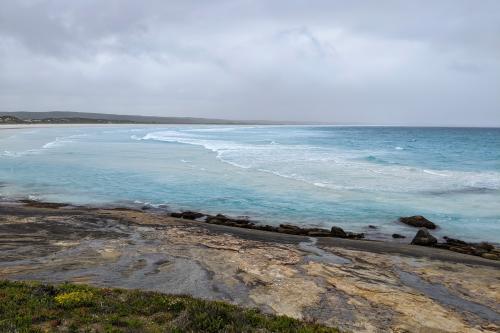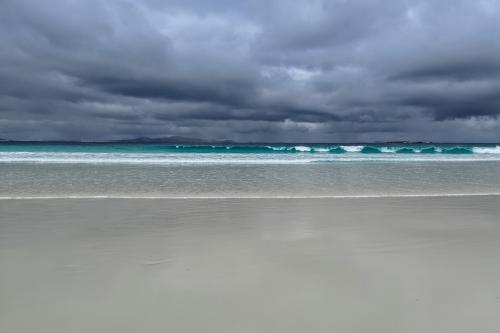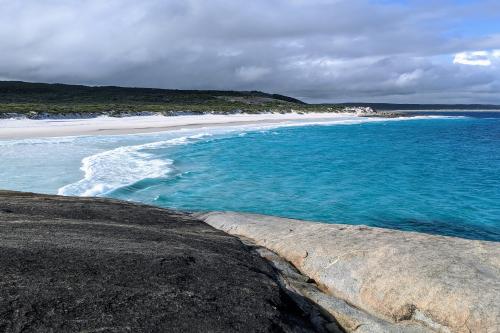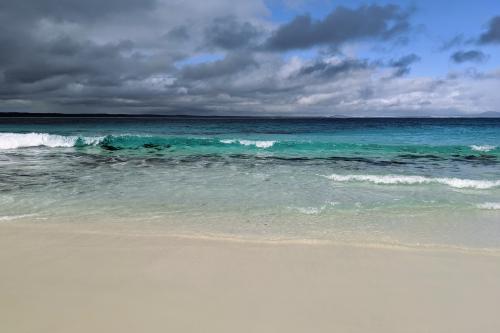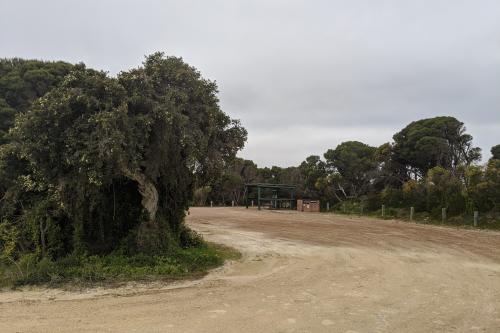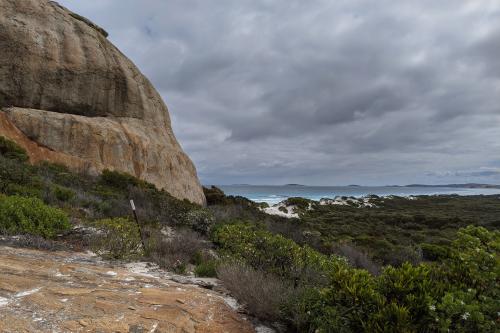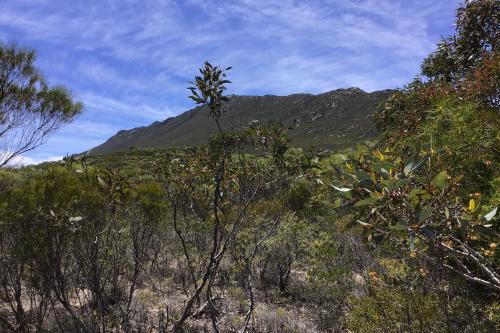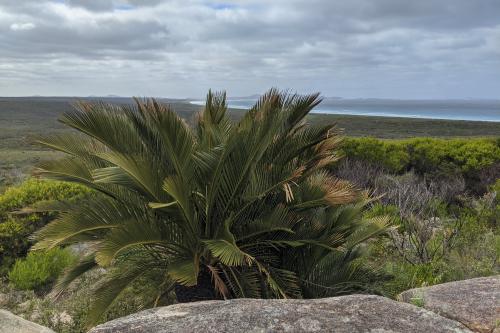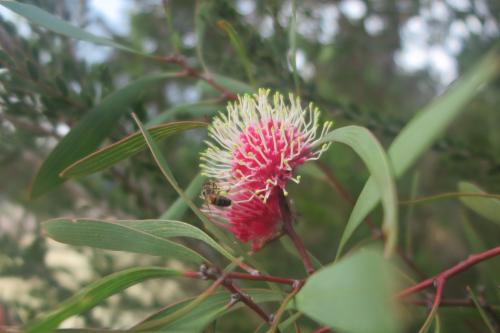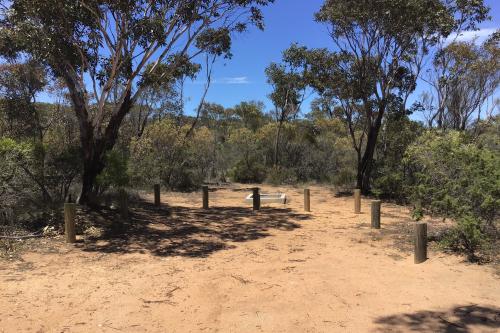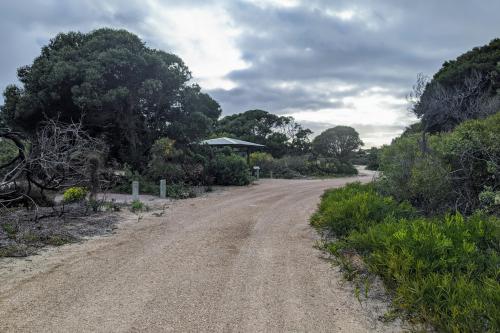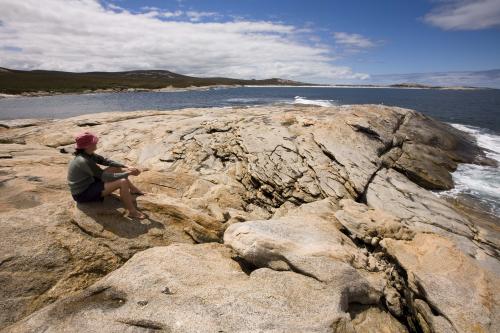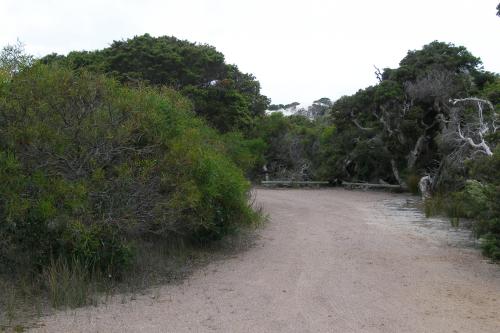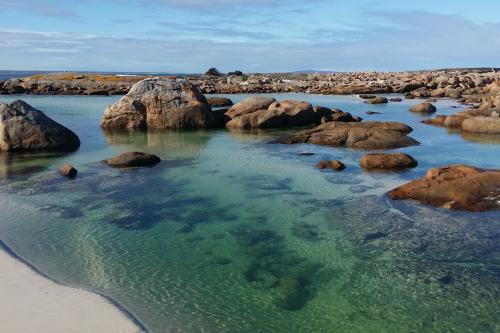About this park
Cape Arid is a wildly beautiful and remote park. This place is nature at its best, and there's lots to do here such as walking, swimming, snorkelling and fishing. With wide sandy beaches and clear waters, it’s easy to see why!
In winter and spring migrating whales pass by and Dolphin Cove and the Tagon Coastal Trail are perfect spots for whale watching.
As you move inland, you’ll notice the landscape change. Coastal sand heaths and low granite hills transform into saltbush and bluebush woodlands. This rich and diverse park is home to over 1100 species of plants and more than 160 species of birds. It’s an important conservation area for several rare and endangered species. A pair of binoculars will come in handy for birdwatching! And in spring, the landscape transforms into a colourful tapestry of wildflowers.
Walking is the best way to explore the wildlife and enjoy the magnificent scenery. Take your pick of one of the many walking trails. You’ll discover homestead ruins, buildings and dams that hint at times gone by. Pioneer graziers once inhabited and worked the land in this area.
You'll need to stay awhile to take it all in so why not set up camp at one of the many campgrounds.
We highly recommend Cape Arid National Park for keen campers and nature enthusiasts. So, when are you planning your walk on the wild side?
Review – Special place
Fantastic watching the whales in the bay from the rocks. Lovely new campsite, beaches and walk trails. Trish G - Trip Advisor
Safety information
Plan when to visit. Read this safety information about bushwalking, swimming, fishing, paddling, kayaking and snorkelling. Consider traveling with a personal location beacon (PLB). In the event you need to be rescued it could save your life!
- Coastal risks are significant in this area. Visit the RecFishWest website for more information.
- Pine Hill, Mt Ragged and the Thomas Fishery area are remote locations, and you must be fully self-sufficient. Take camping gear, ample water and non-perishable food, first aid kit, tool kit, spare tyres and parts, recovery gear, CB radio.
- Essential travel only: Balladonia Road to Mount Ragged is only accessible from the south. Visit the Shire of Dundas website for more information.
The Department of Biodiversity, Conservation and Attractions undertakes 1080 baiting at this location to reduce the impacts of feral cats and foxes on native wildlife.
Meat baits containing 1080 poison are laid in or around this area on an ongoing basis. 1080 is poisonous to humans and will kill domestic cats and dogs. Pets are not permitted in this park.
For further information contact your local Parks and Wildlife Service office or visit Western Shield.
Gallery
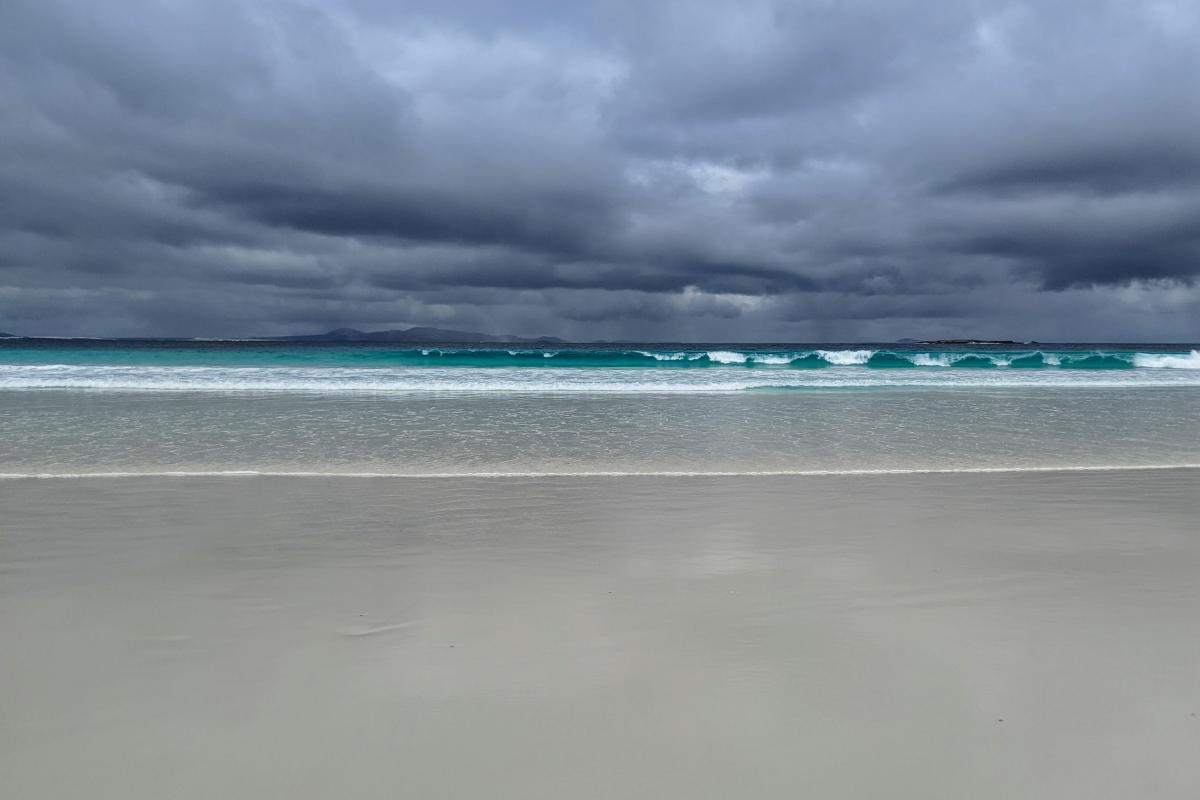
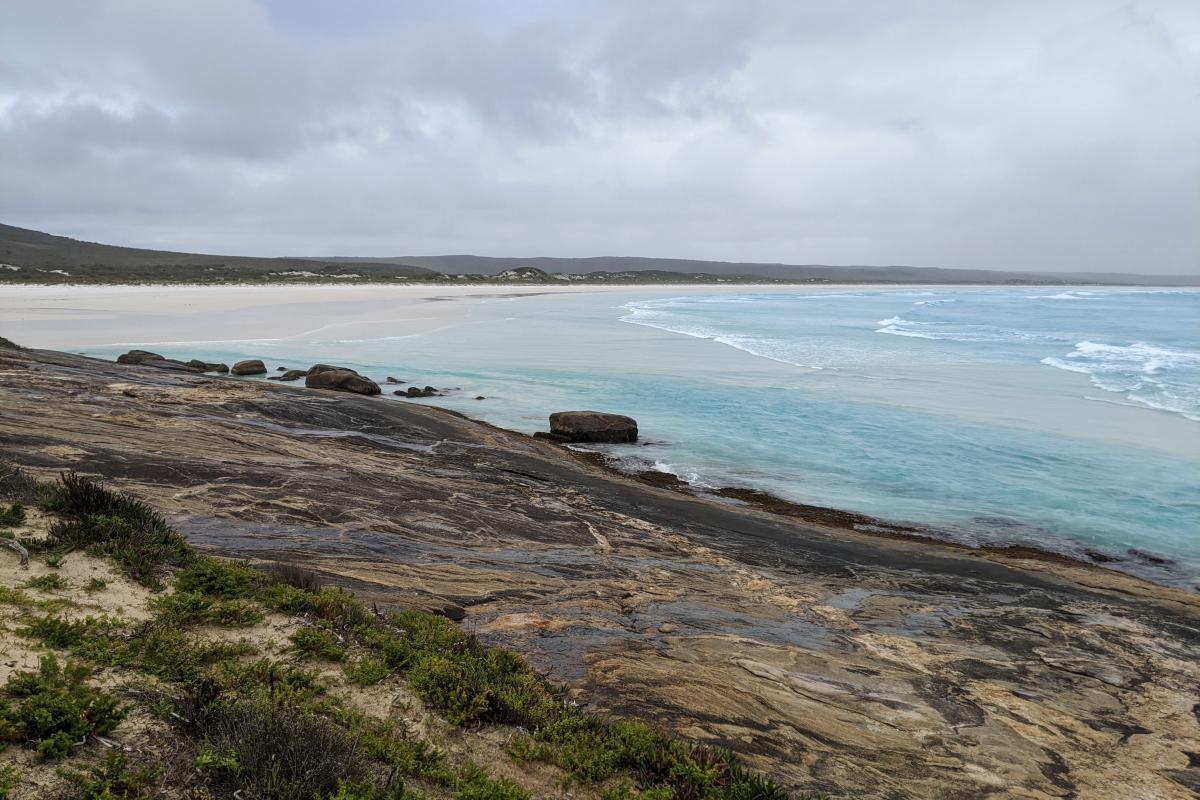
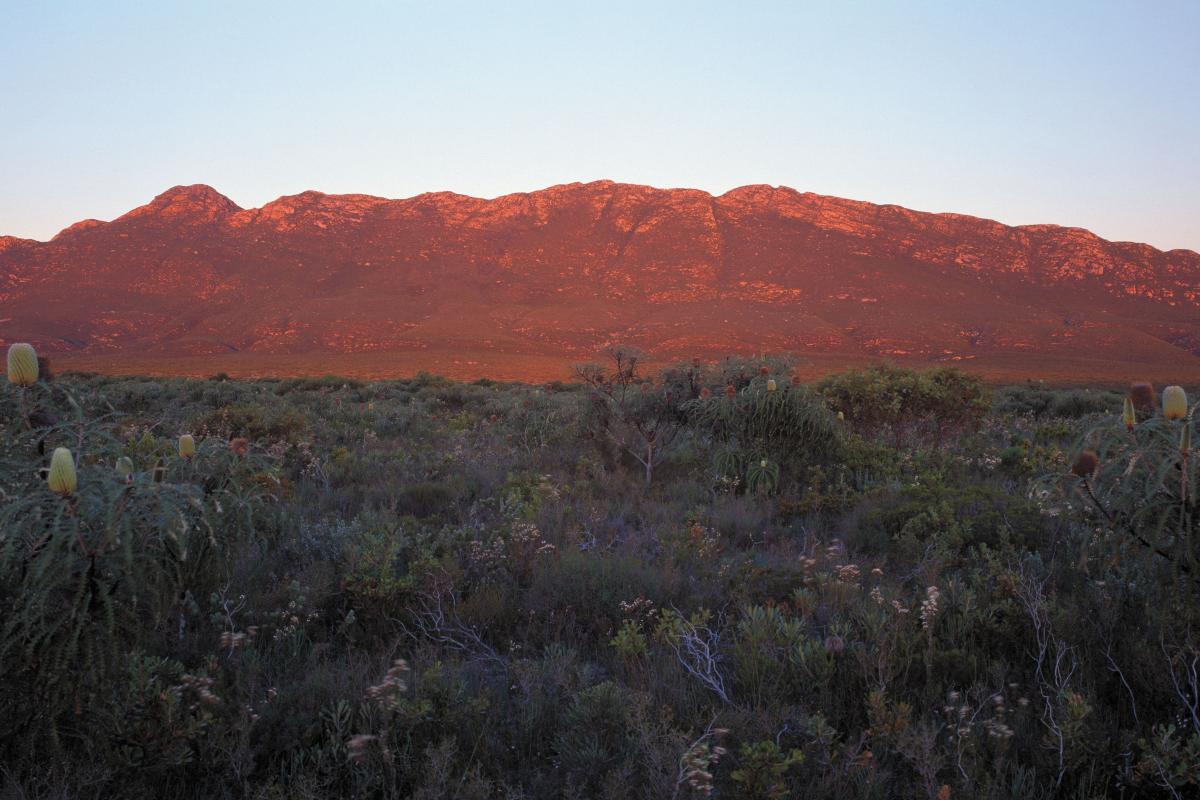
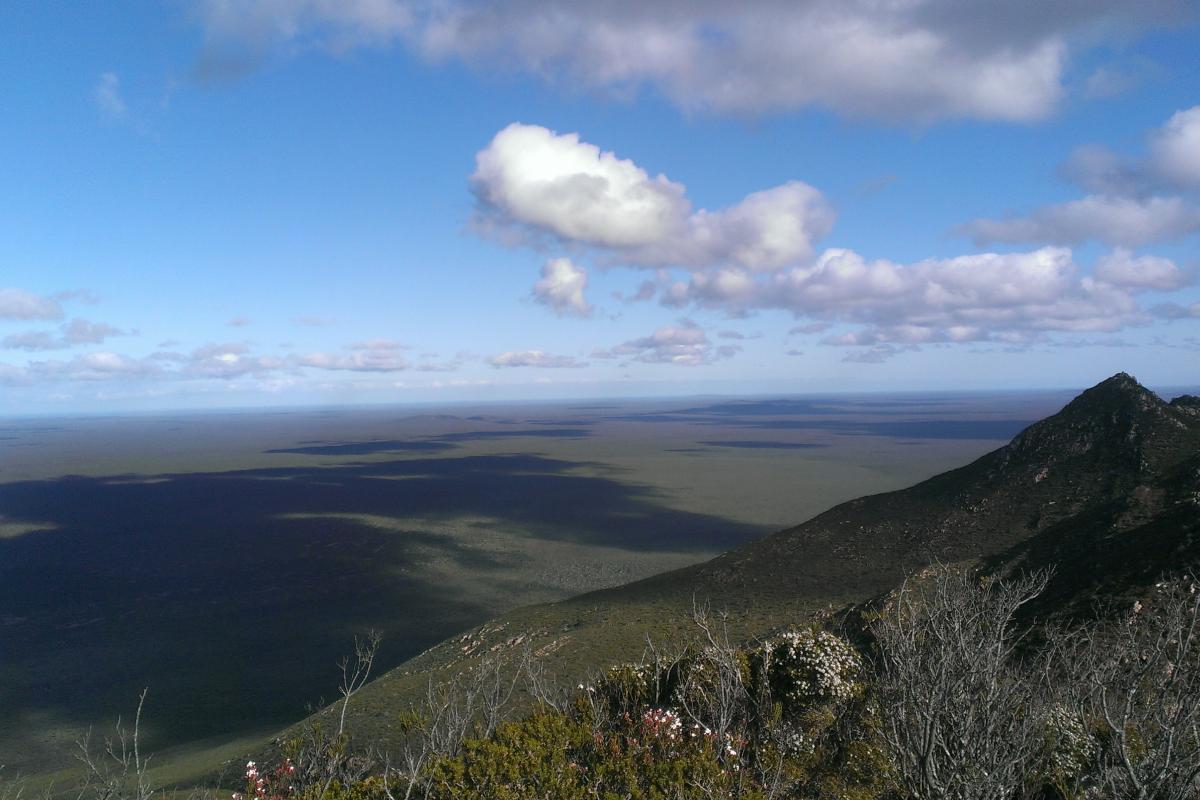
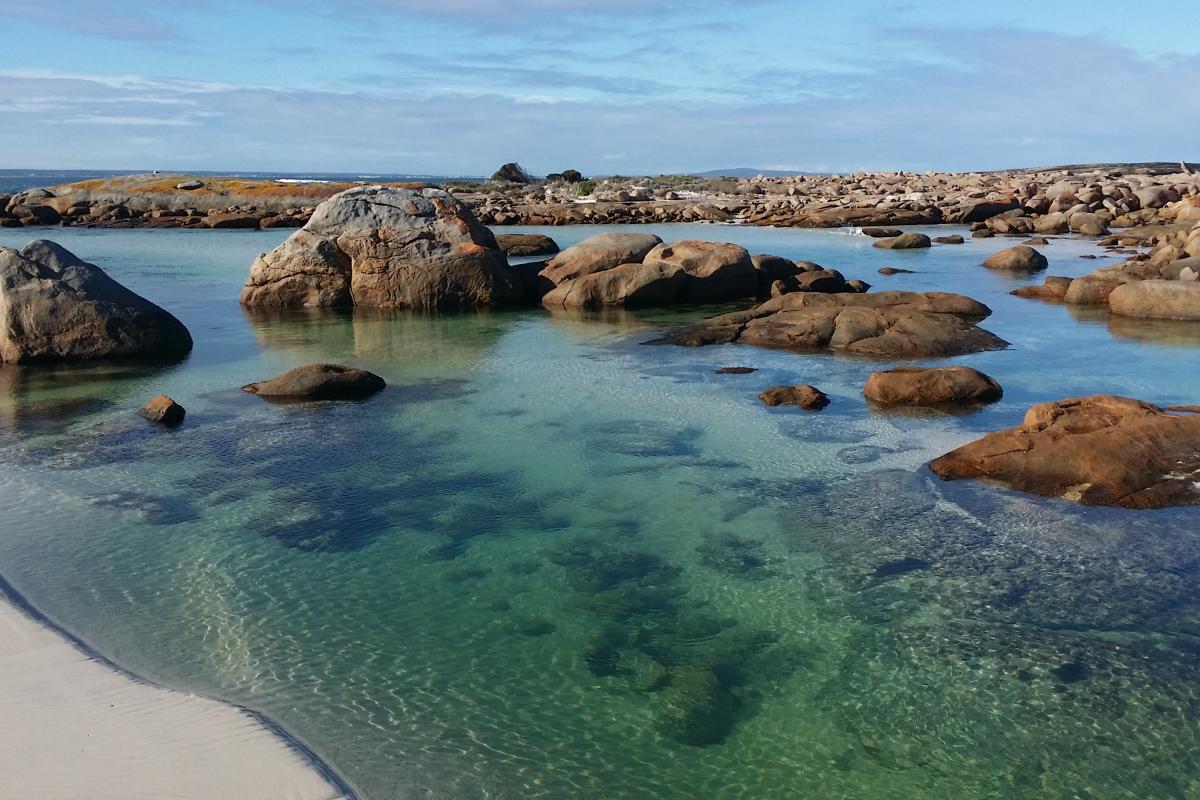
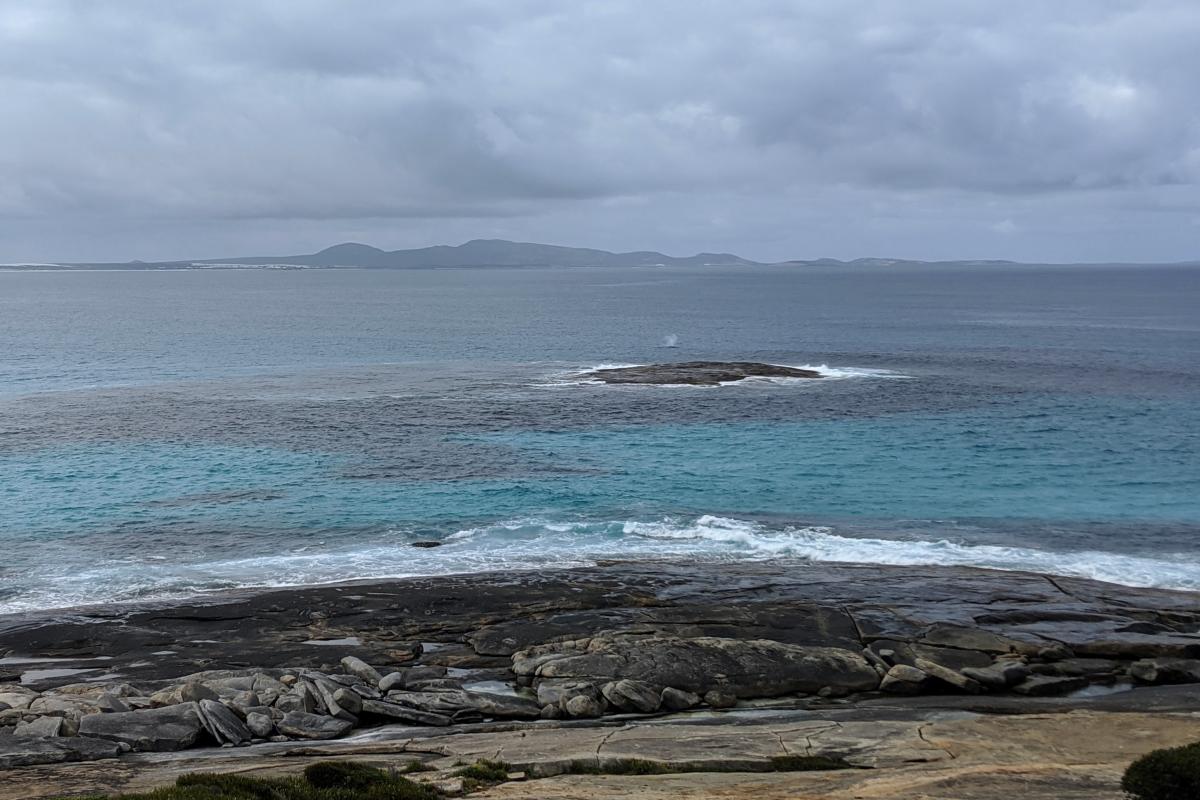
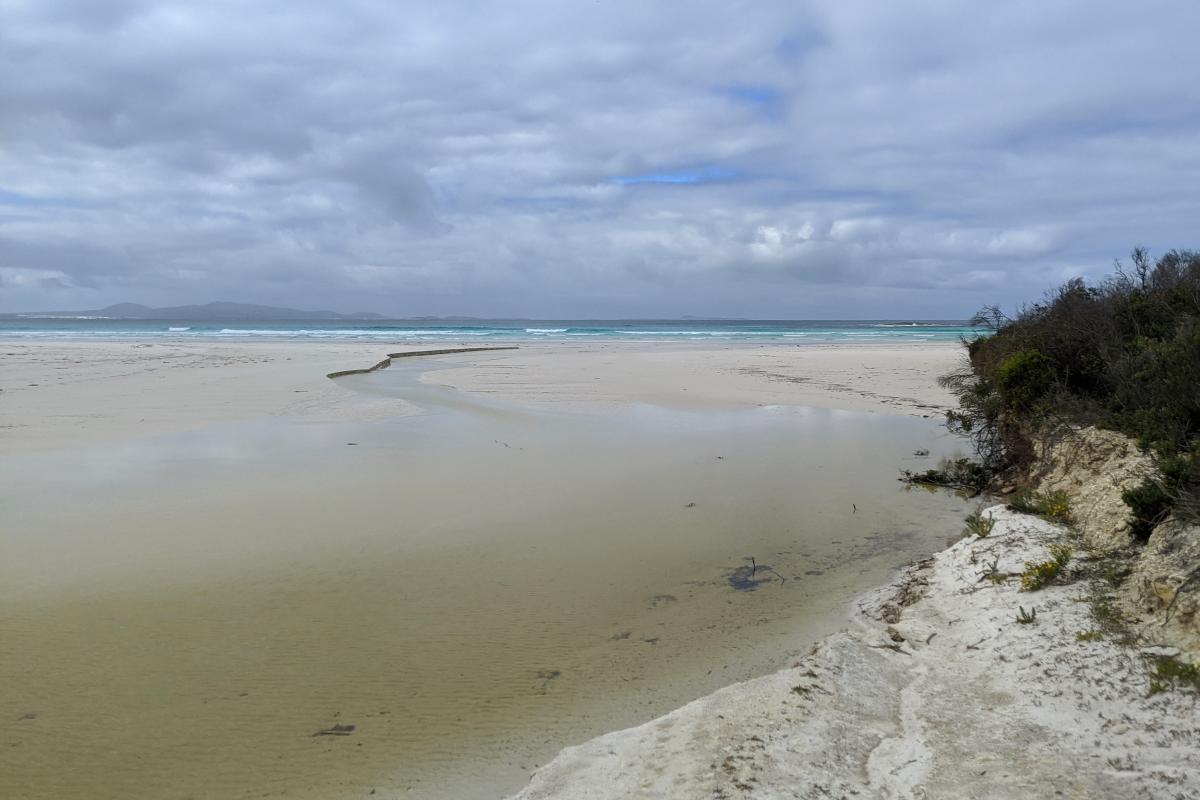
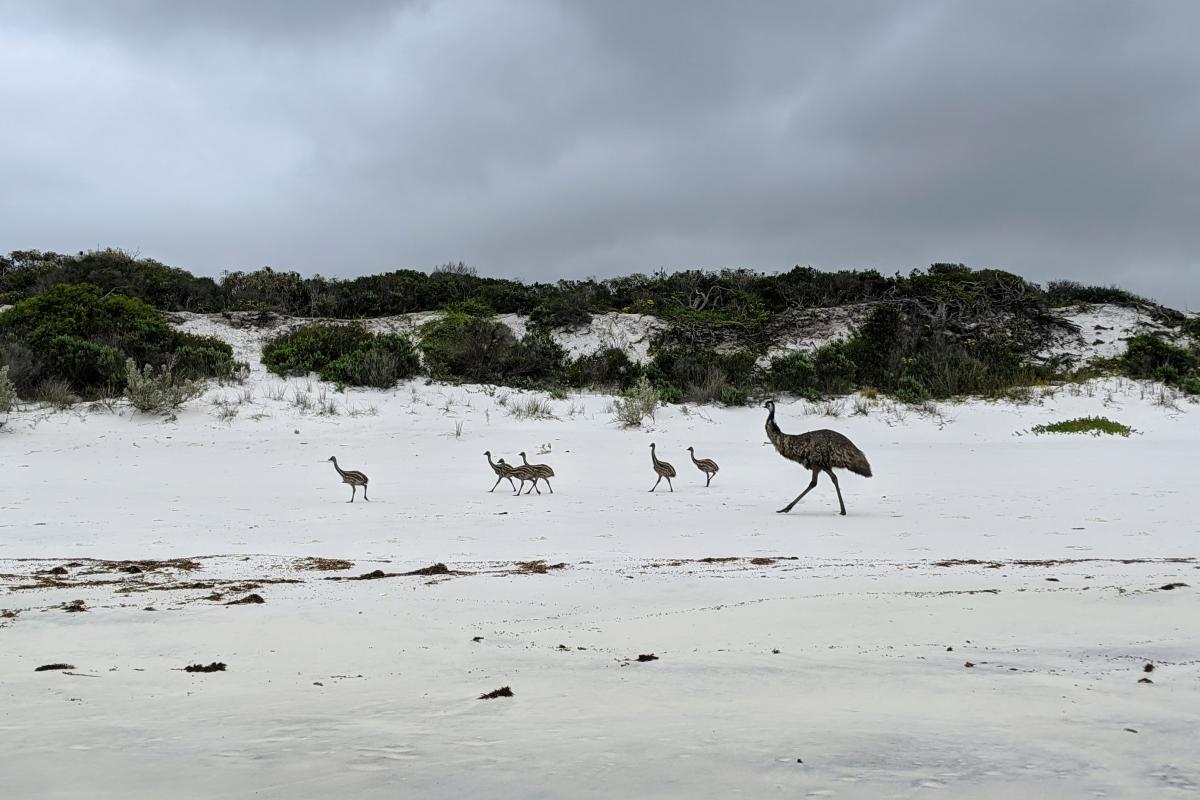
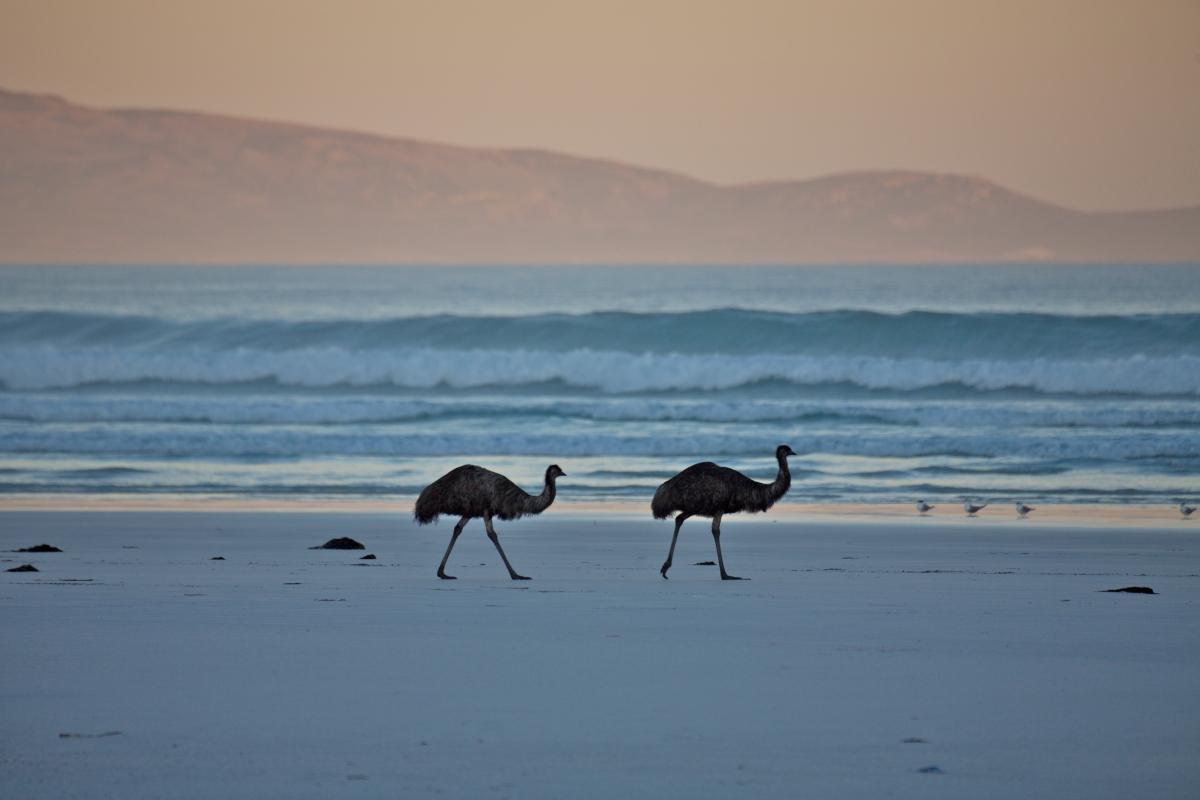
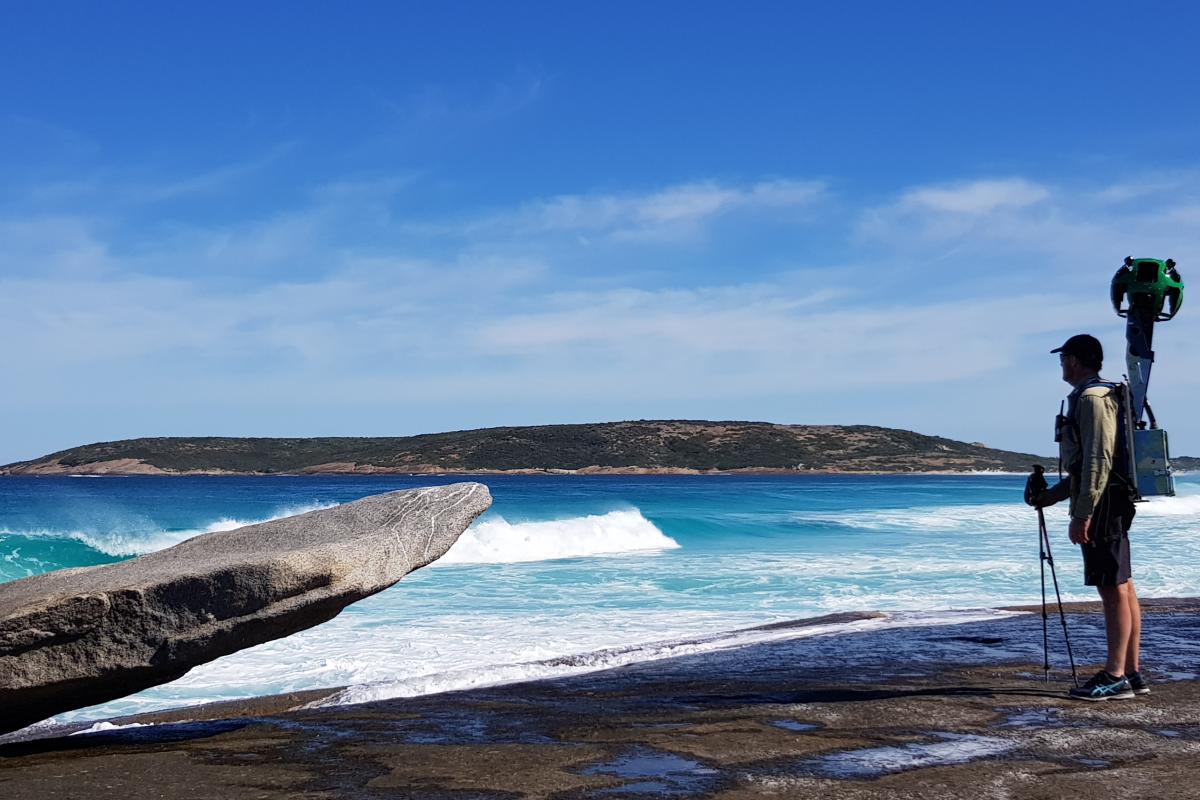
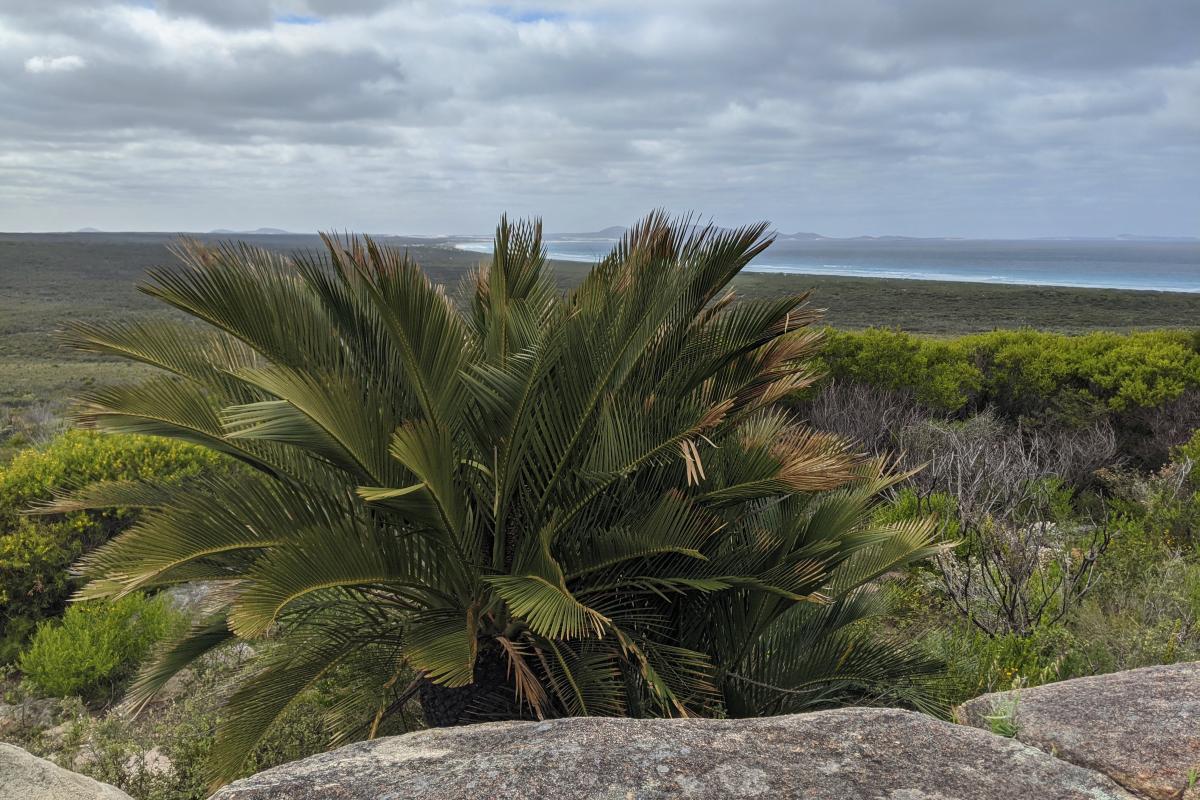
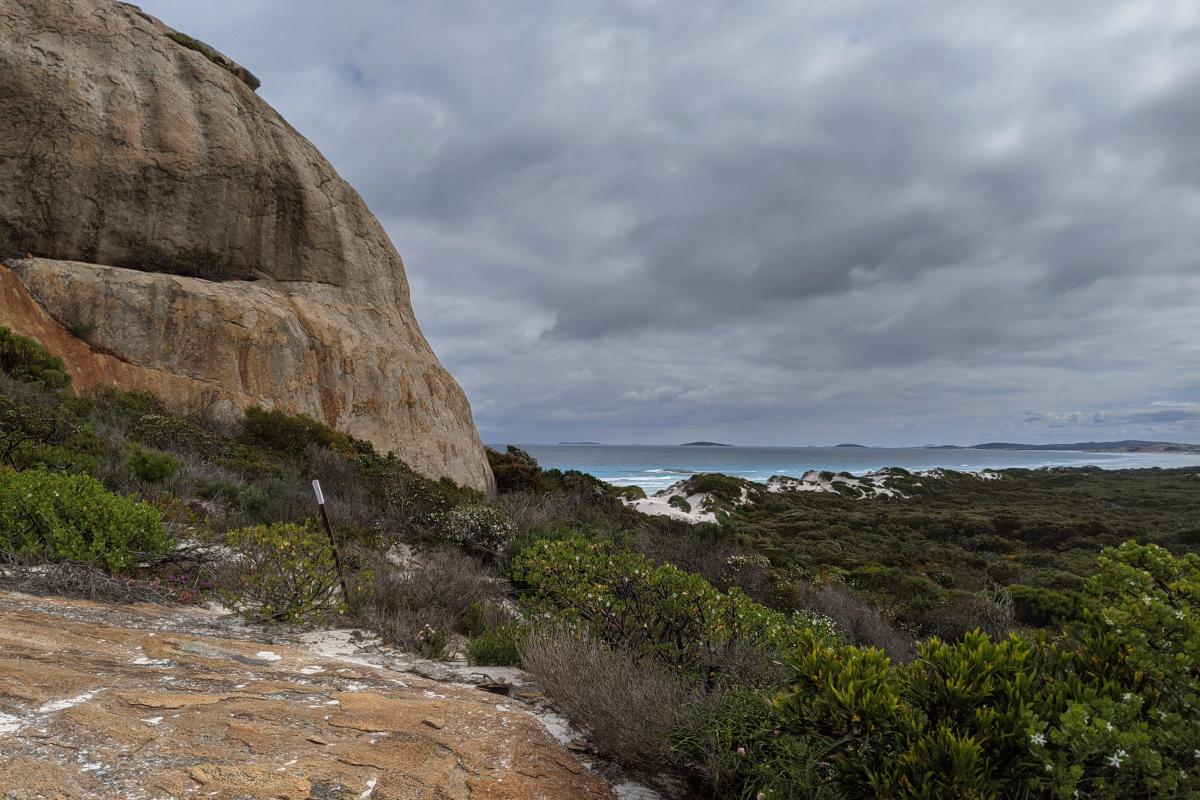
Make the Esperance Promise
While travelling in and around Esperance, make a promise to embrace the elements of this land and ensure your visit is sustainable and respectful. Make the Esperance Promise.
Please note, campfires are not permitted at any of the campgrounds in national parks.
Activities
 Bushwalking
Bushwalking
 Camping
Camping
 Canoeing and kayaking
Canoeing and kayaking
 Fishing
Fishing
 Four-wheel driving
Four-wheel driving
 Snorkelling
Snorkelling
 Surfing
Surfing
 Swimming
Swimming
Plants, wildlife and fungi
Visit the Atlas of Living Australia for a list of species recorded in Cape Arid National Park.
Traditional Owners
We recognise and acknowledge Ngatjumay and Wudjari people as the Traditional Owners of Cape Arid National Park.
